Ethnicity, Politics and Political Systems in Tribal India
Synopsis
After independence of India the democratic political system has been extended from the Parliament to village panchayat. The system provides scope to the eligible citizen of India to elect representatives of one's own choice in order to annex political power. The nature and extent of association of ethnic sentiment in acquiring political power and usefulness in understanding the political behaviour of the tribes have been discussed threadbare in the seven essays; based on the anthropological studies conducted in the predominantly tribal areas stretching from the northeast to the western parts of India. The sense of insecurity in respect of their cultural identity is still being maneuvered in the north-east India that generates a strong sense of ethno-centricism. The tribal people in this region classify the electorate and aspiring candidates into two categories; the 'insider' and the 'outsider'; a mechanism which, however, gradually becomes weaker and does not operate so effectively in the central and western parts of India.
Read more
61.20
55.08
$
68.00 $
Free delivery Wolrdwidе in 10-18 days
Ships in 2-4 days from New Delhi
Membership for 1 Year $35.00
Get it now and save 10%
Get it now and save 10%
BECOME A MEMBER
Books by the same authors
-
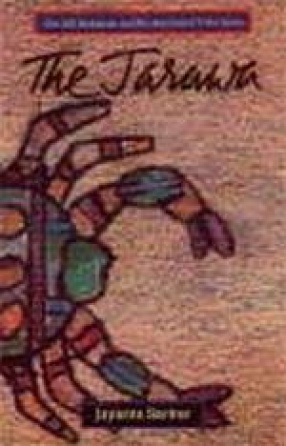
The Jarawa
-
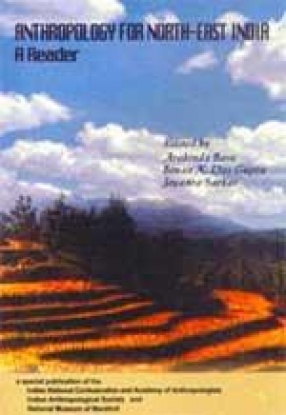
Anthropology for North-East India: A Reader : Indian Anthropological Congress Commemorative Volume
-
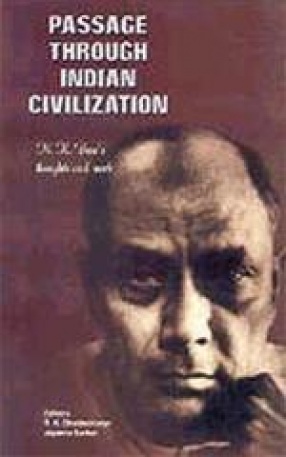
Passage through Indian Civilization: N. K. Bose's Thoughts and Work
-

Social and Political Institutions of the Hill People of North-East India
-
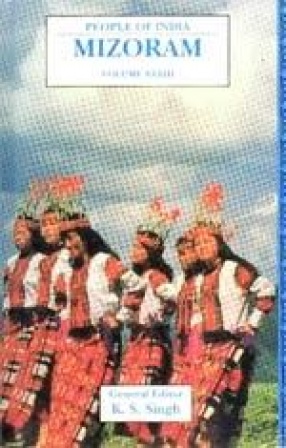
People of India: Mizoram
-
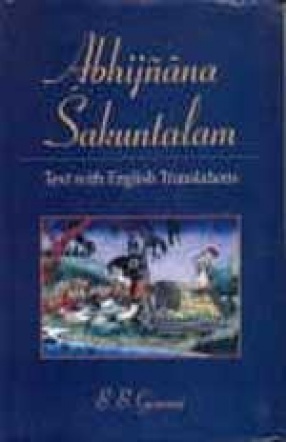
Abhijnanasakuntalam: Text with English Translations


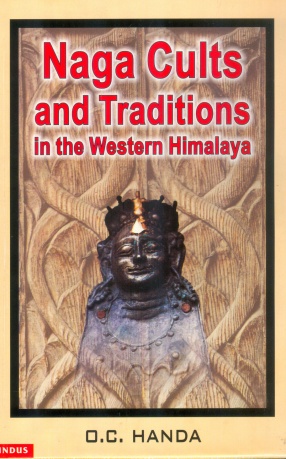
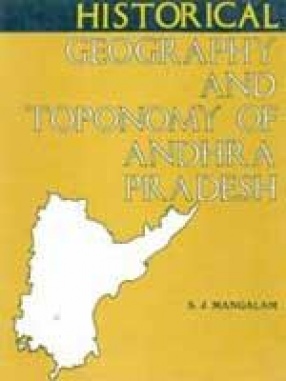
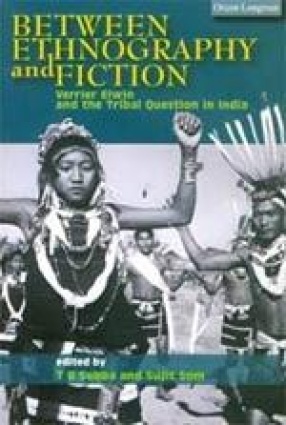

Bibliographic information
B.B. Goswami